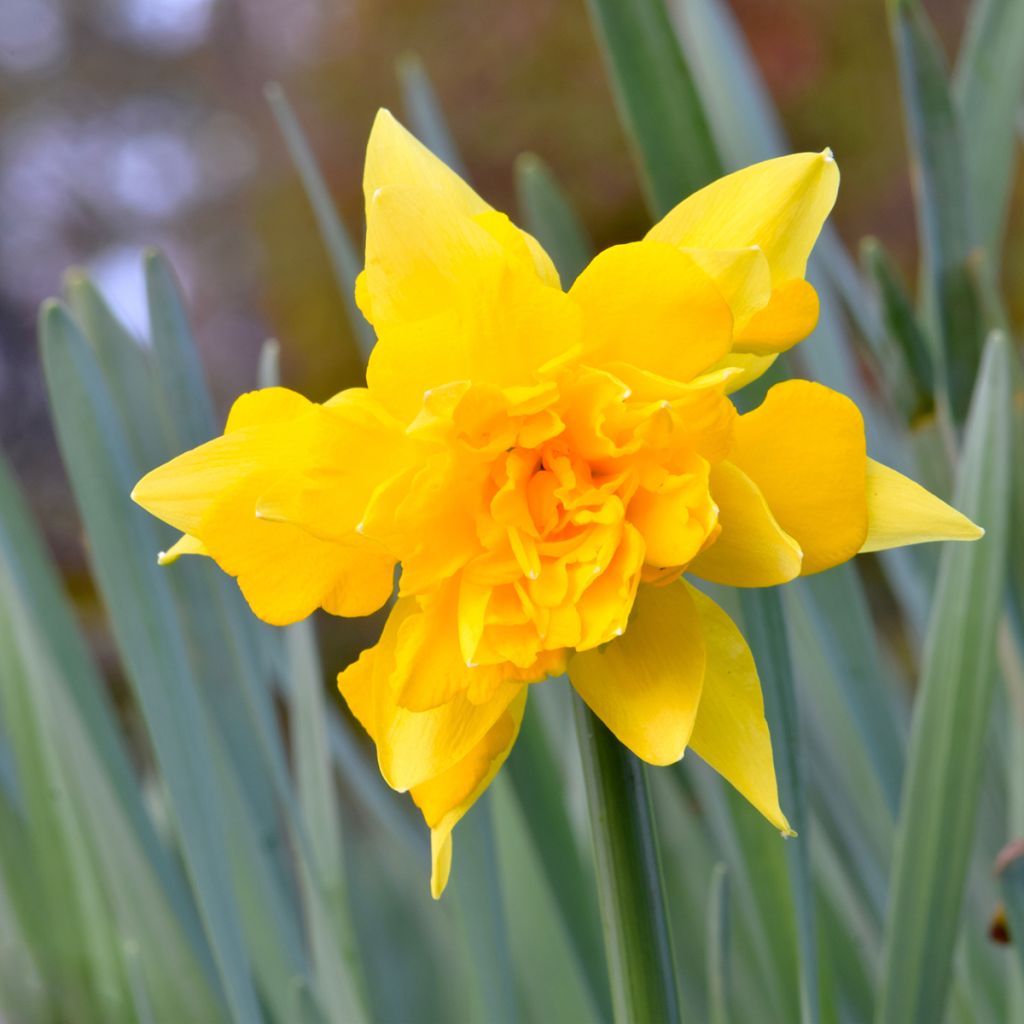

Narcisse odorus Campernelle
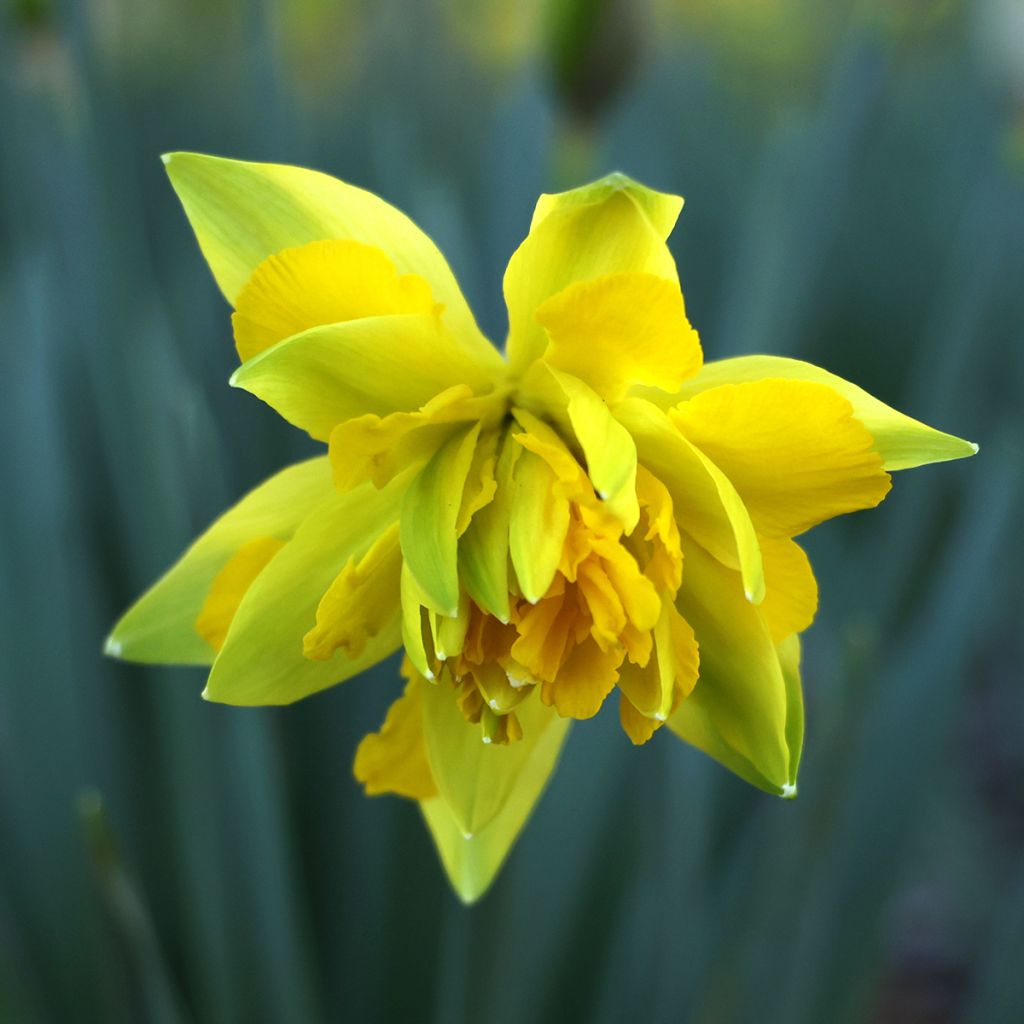

Narcisse odorus Campernelle
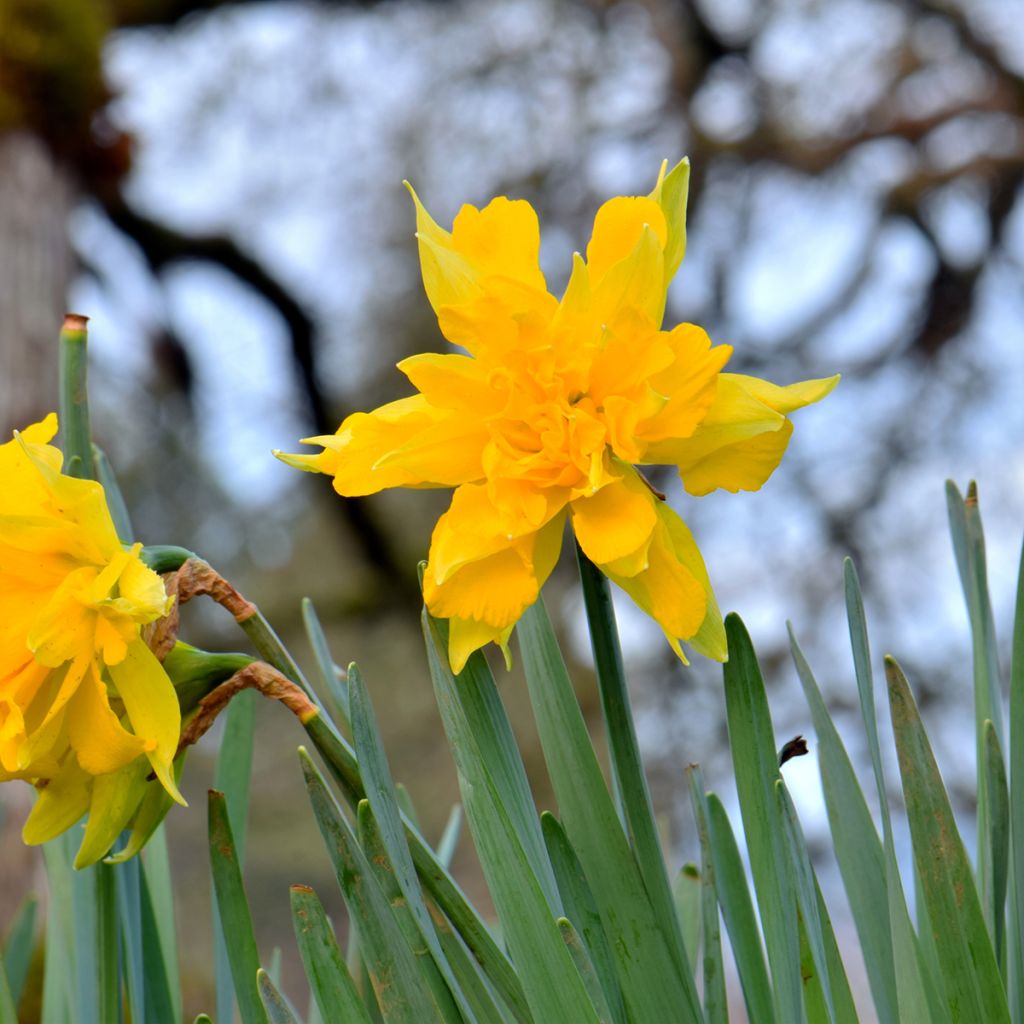

Narcisse odorus Campernelle
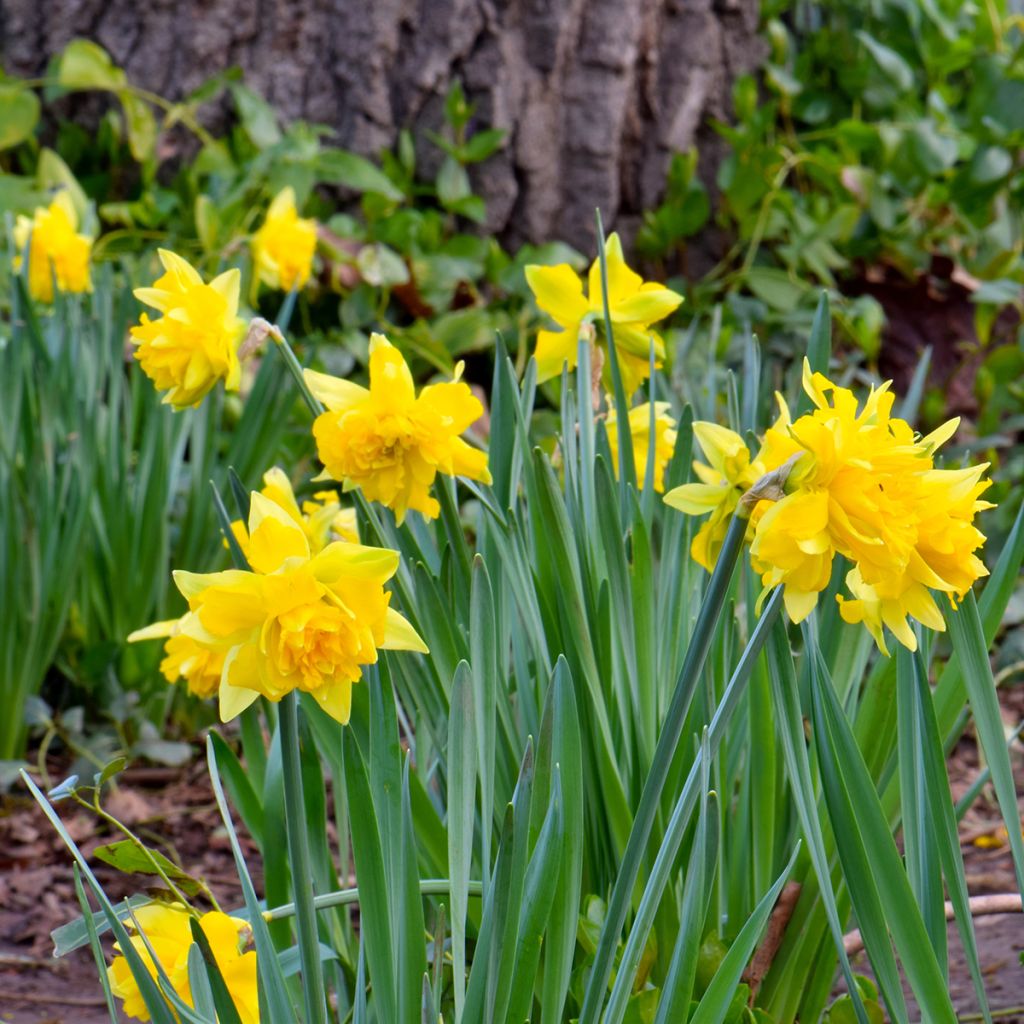

Narcisse odorus Campernelle
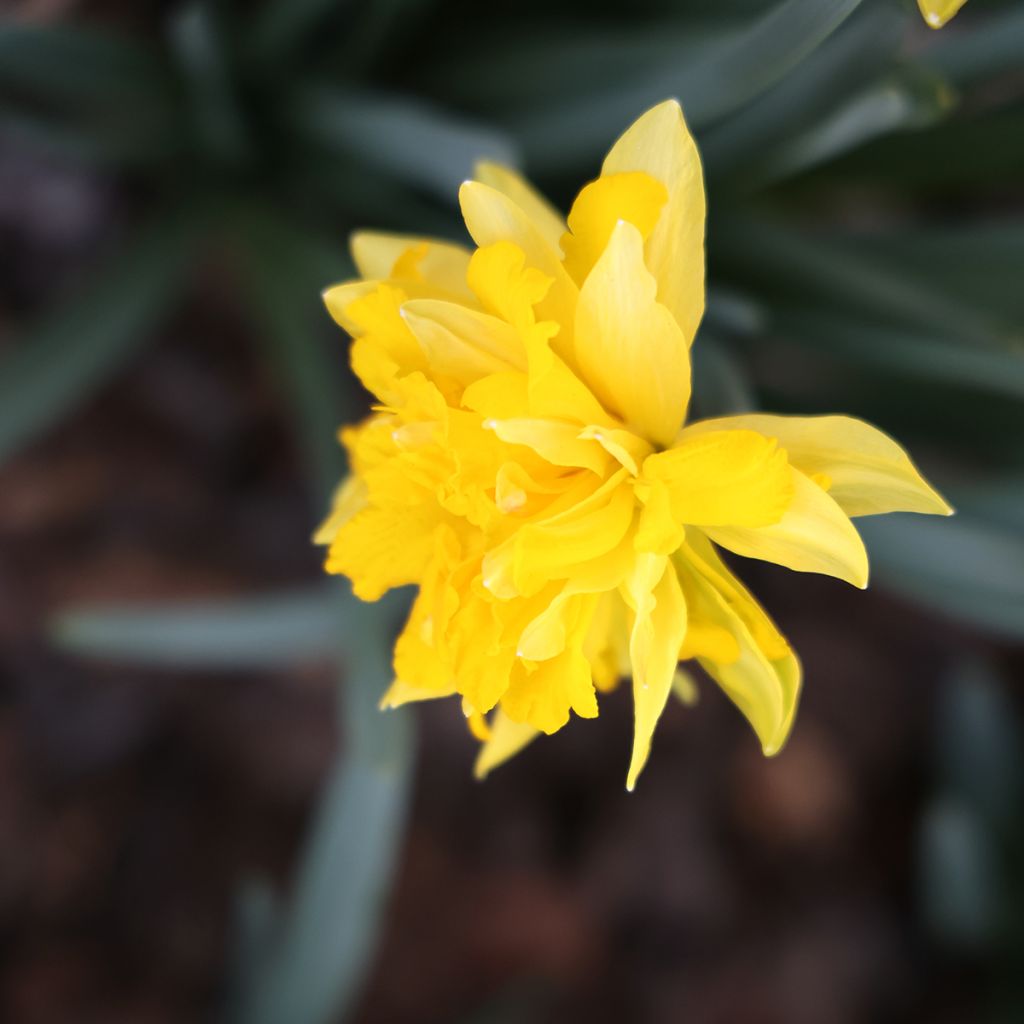

Narcisse odorus Campernelle
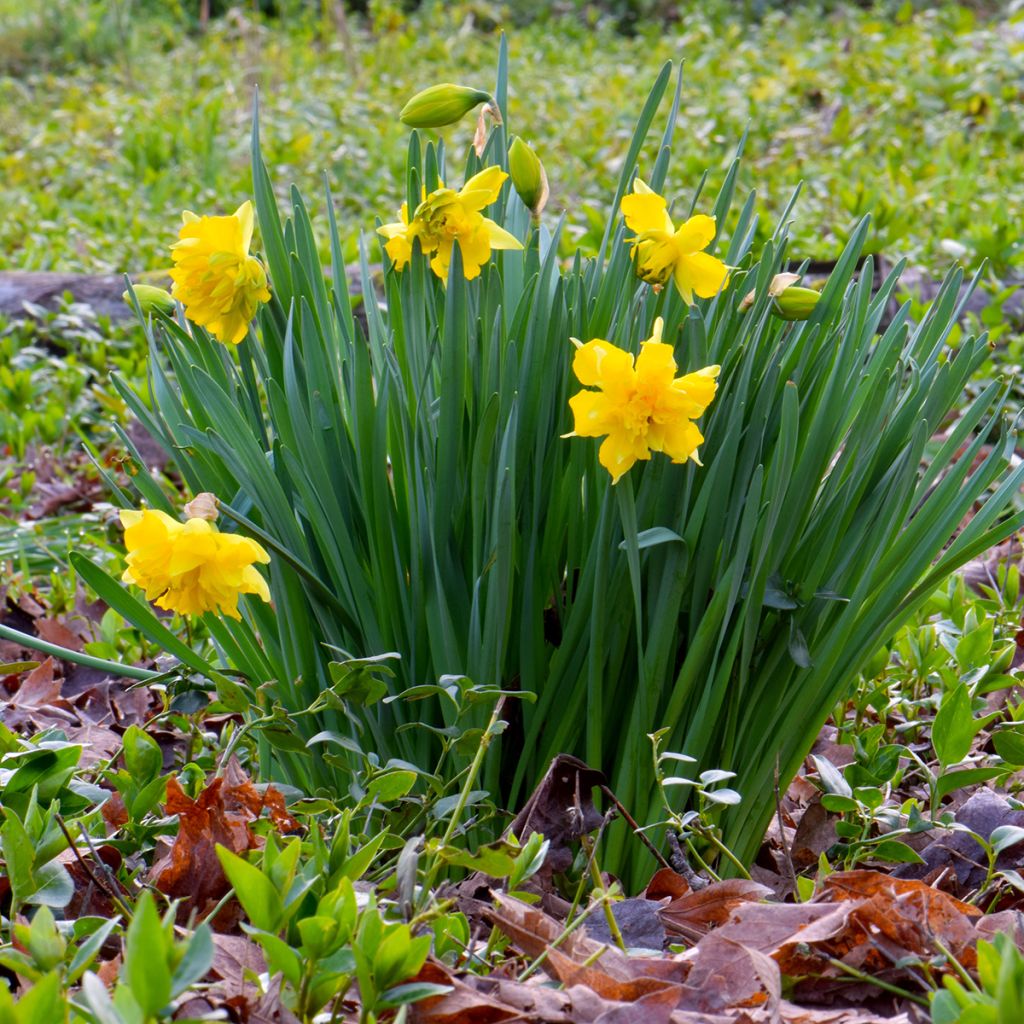

Narcisse odorus Campernelle
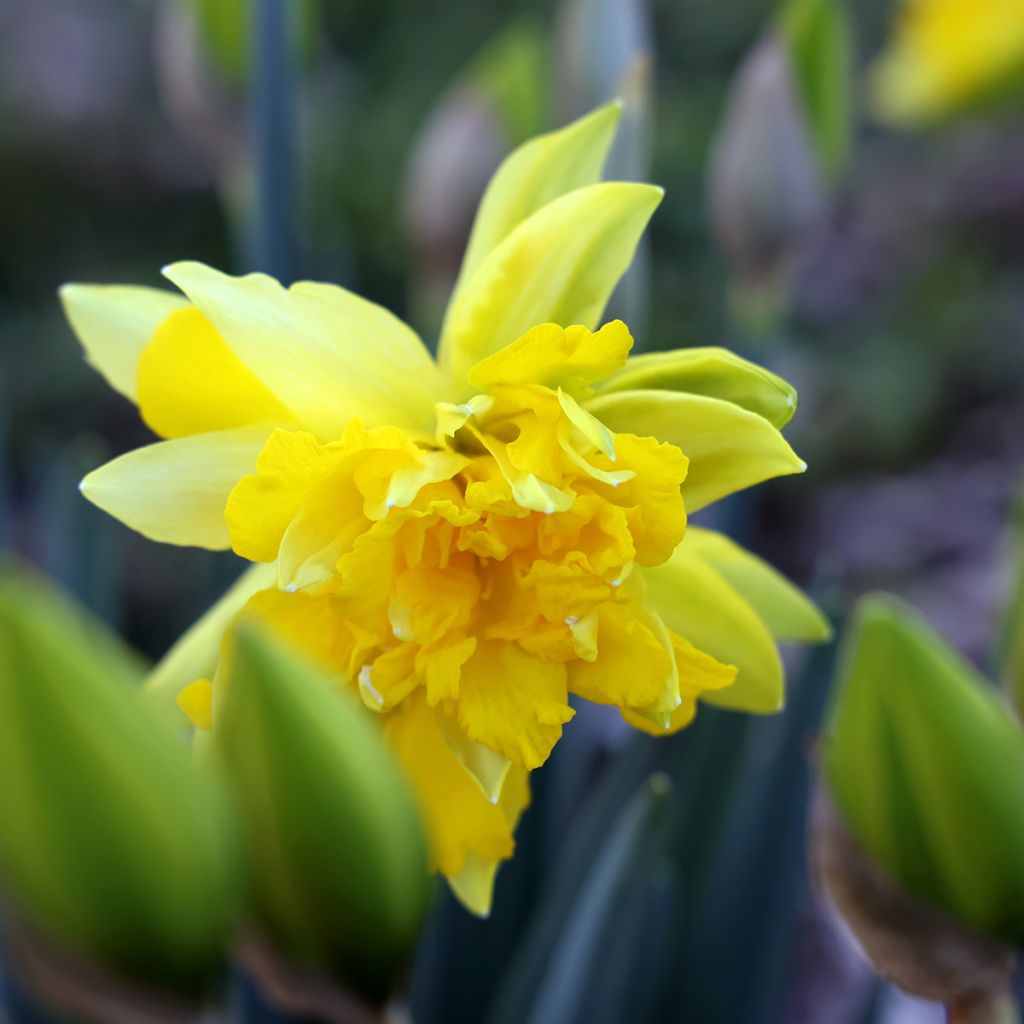

Narcisse odorus Campernelle
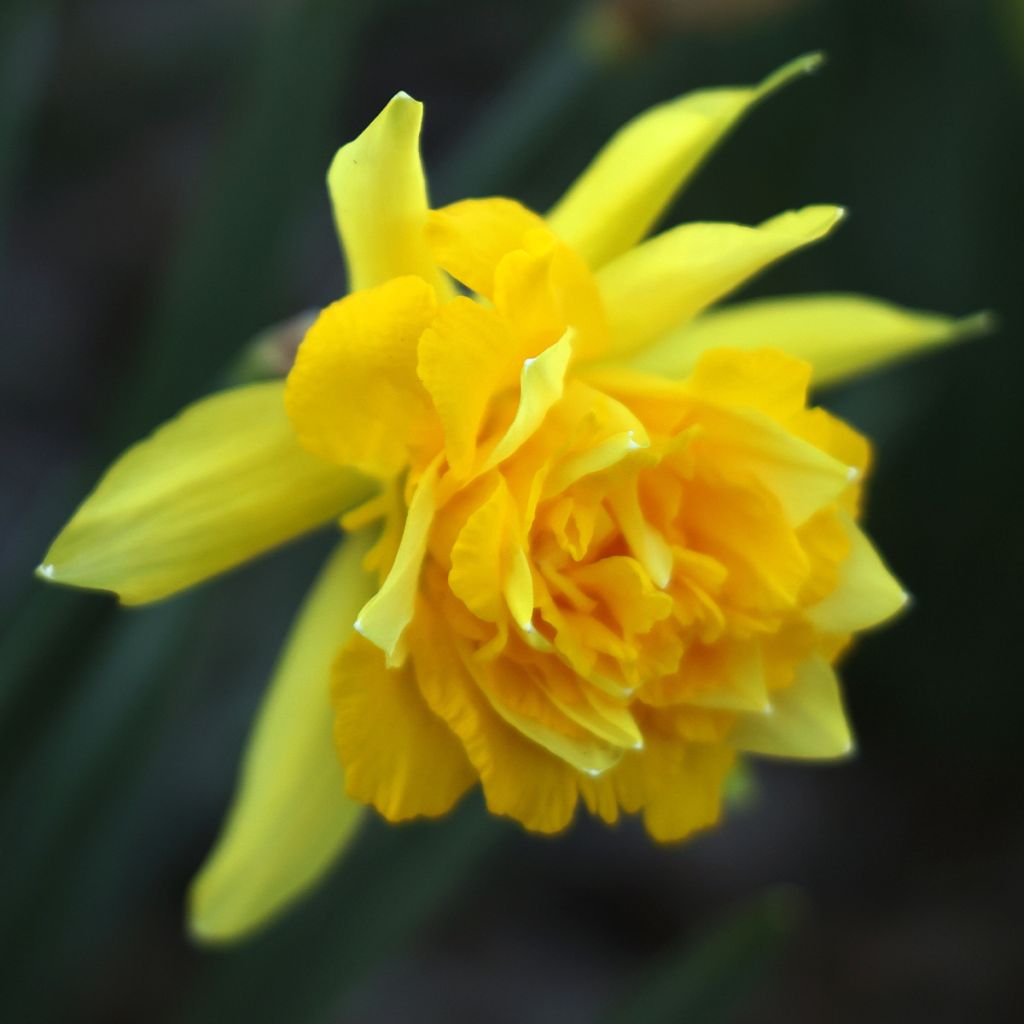

Narcisse odorus Campernelle
View more pictures
Hide images
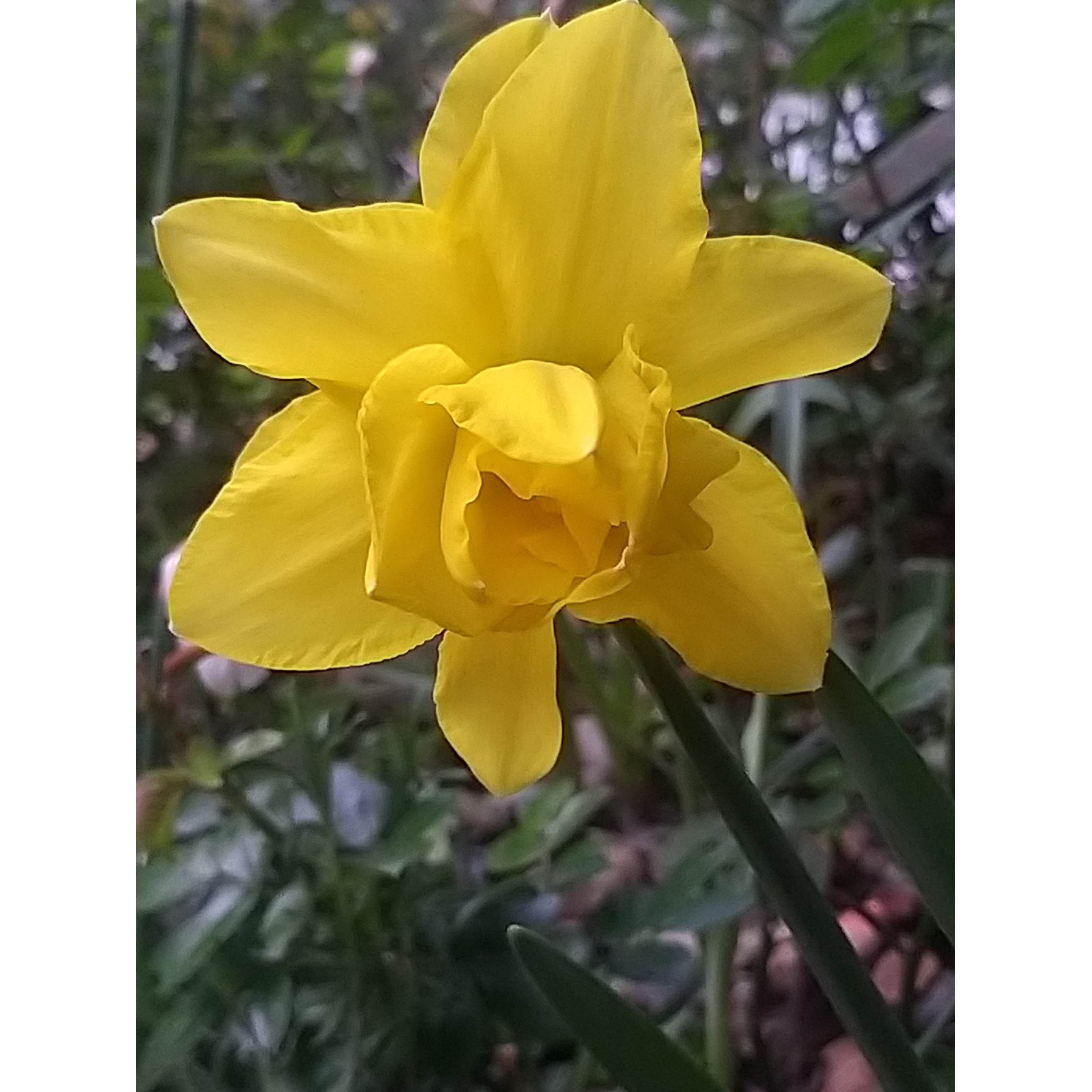
Thierry P.

April flowering - image 3
Thierry P. • 84 FR
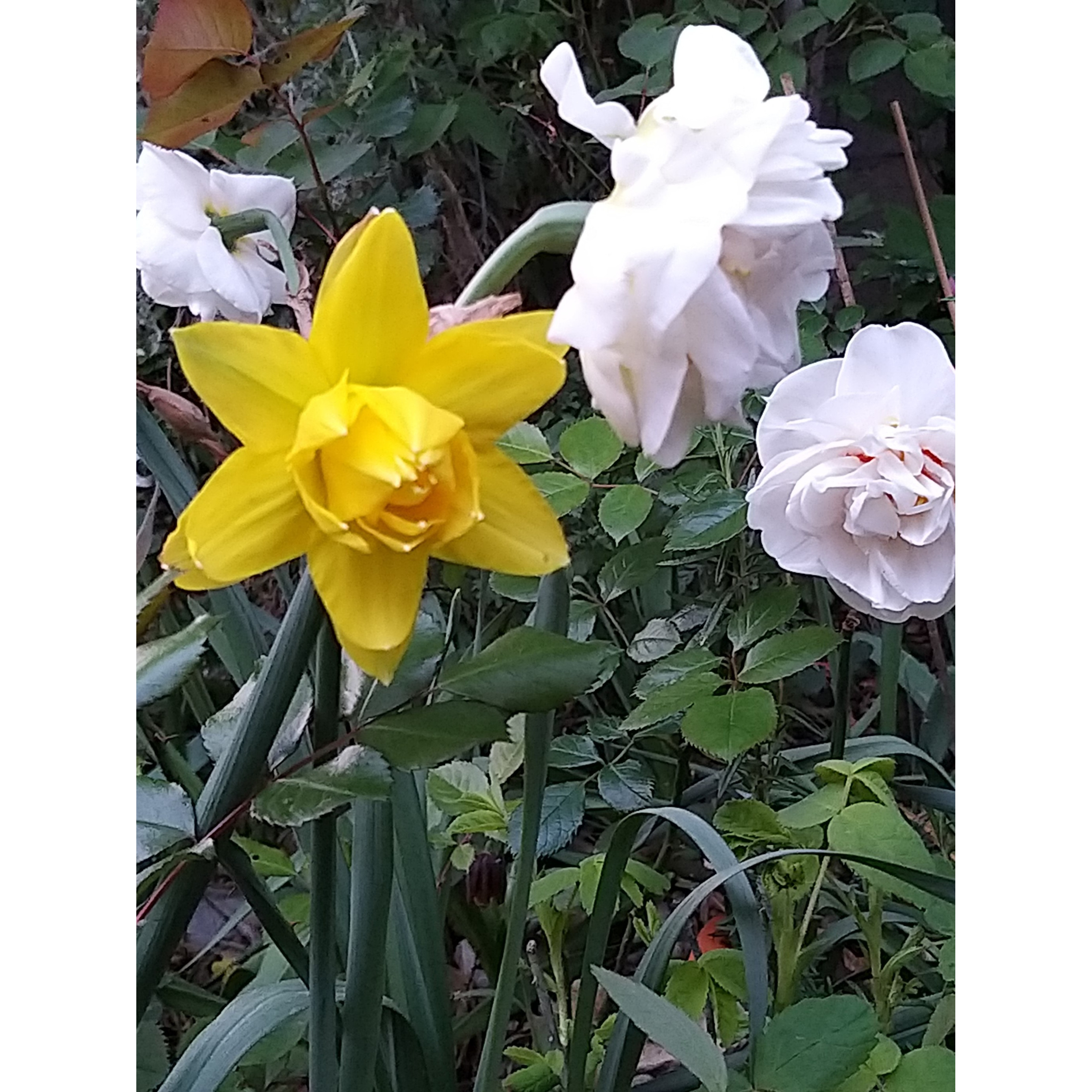
Thierry P.

April flowering - image 2 - Similar to "Acropolis" daffodils.
Thierry P. • 84 FR
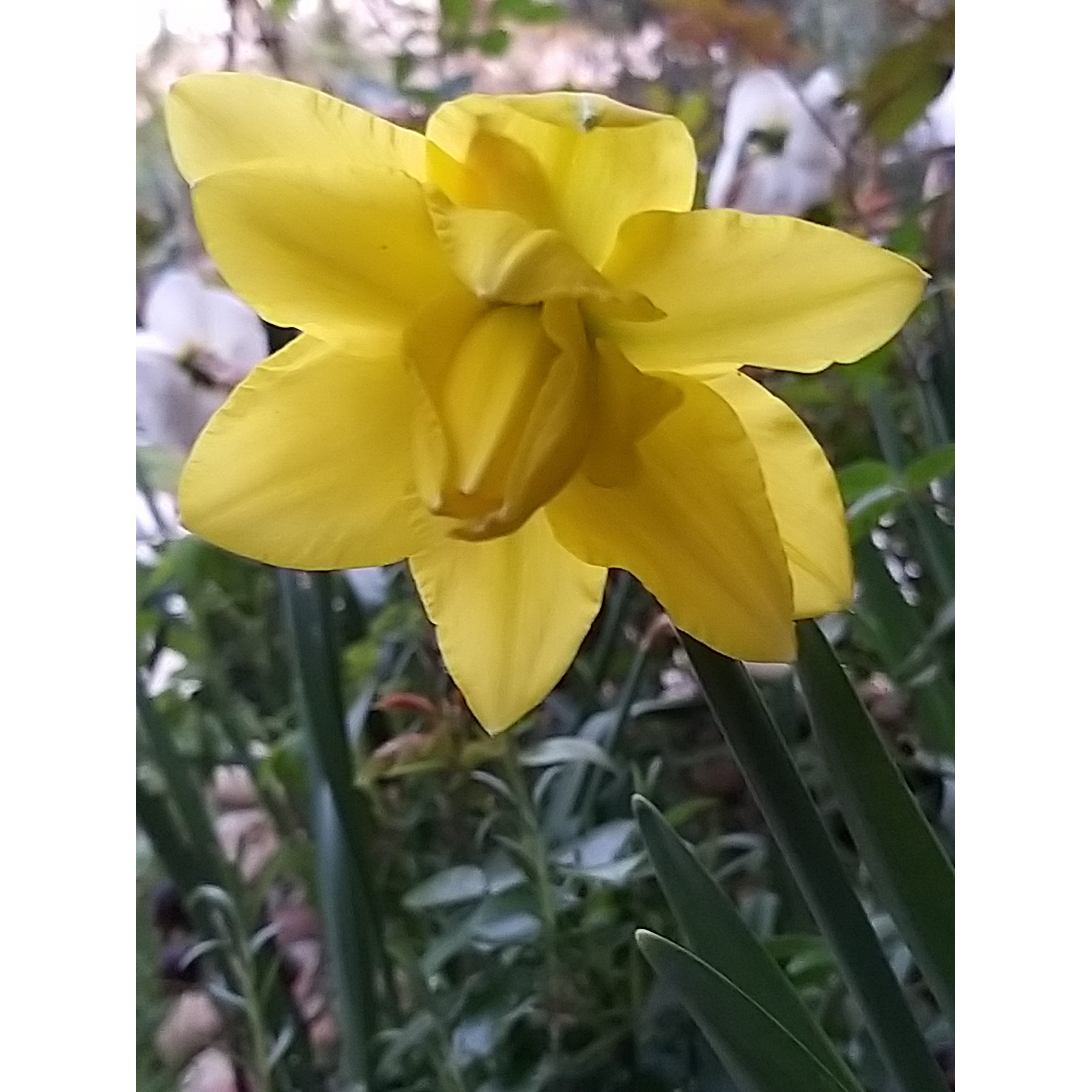
Thierry P.

April flowering - image 1
Thierry P. • 84 FR
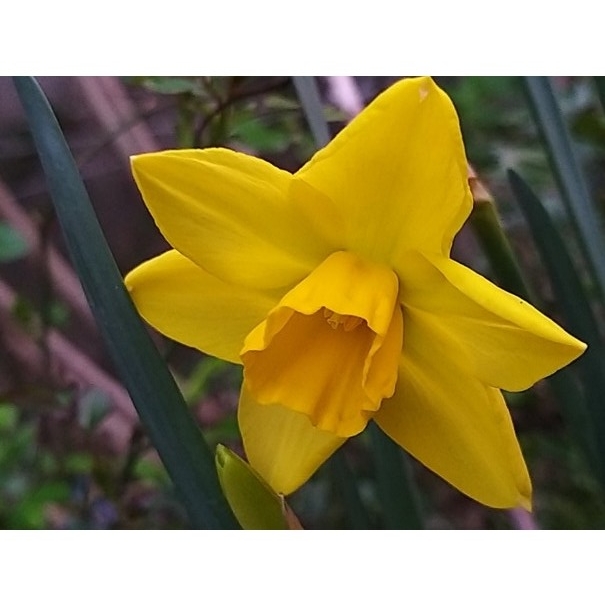
Thierry P.

N/A
Thierry P. • 84 FR
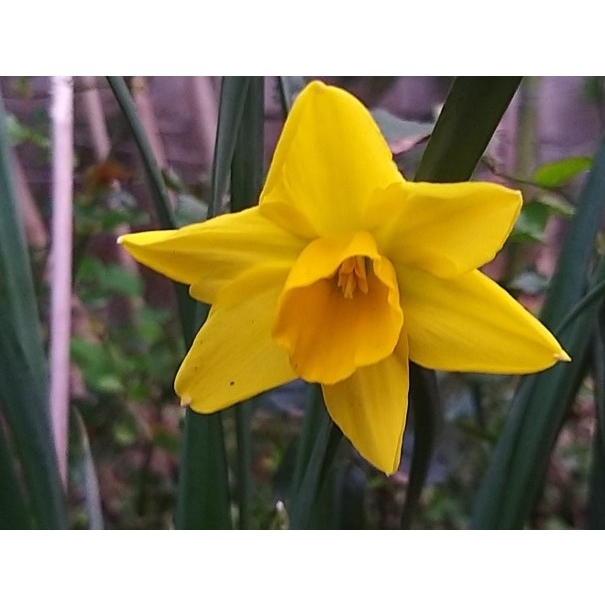
Thierry P.

N/A
Thierry P. • 84 FR
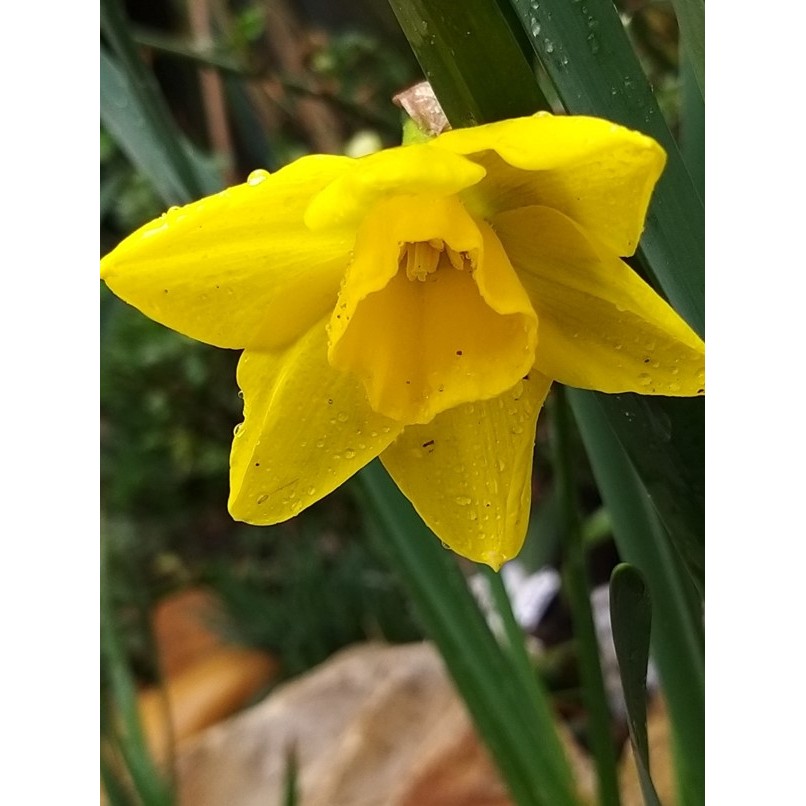
Thierry P.

March flowering - image 1 - Photo in the rain.
Thierry P. • 84 FR
Narcissus Double Campernelle
Narcissus odorus Campernelle
Jonquil, Sweet-scented Narcissus, Sweet Narcissus
Very beautiful and long flowering And what a fragrance!" Analysis: - The translation accurately captures the meaning and context of the original text. - The spelling and grammar are correct. - The structure of the sentence is appropriate. - The tone of the text is maintained throughout the translation. - No language or wording issues are present.
Christophe, 11/04/2020
Special offer!
Receive a €20 voucher for any order over €90 (excluding delivery costs, credit notes, and plastic-free options)!
1- Add your favorite plants to your cart.
2- Once you have reached €90, confirm your order (you can even choose the delivery date!).
3- As soon as your order is shipped, you will receive an email containing your voucher code, valid for 3 months (90 days).
Your voucher is unique and can only be used once, for any order with a minimum value of €20, excluding delivery costs.
Can be combined with other current offers, non-divisible and non-refundable.
This plant carries a 6 months recovery warranty
More information
We guarantee the quality of our plants for a full growing cycle, and will replace at our expense any plant that fails to recover under normal climatic and planting conditions.

Would this plant suit my garden?
Set up your Plantfit profile →
Description
Narcissus Double Campernelle is a very ancient narcissus, closely related to the botanical species Narcissus jonquilla and N. pseudonarcissus from which it directly descends. 'Campernelle' is a highly fragrant narcissus that generally flowers at the end of March, with pretty small double flowers that are egg yolk yellow, perched on short stems supporting 1 to 4 flowers. It is a reliable and robust variety that will easily naturalise in the sun, in well-drained soil, even limestone and dry in summer.
Narcissus Campernelle, the result of spontaneous hybridization, was discovered in an eastern region of the Mediterranean before 1650. Sometimes considered a botanical species, it is also known as Narcissus Rugulosus or even N. campernelli. It belongs to the Amaryllidaceae family and to division 13 of narcissus, the one including wild and botanical species. Its first parent is Narcissus jonquilla, the second, N. pseudonarcissus, the wood daffodil, is a sturdy and highly fragrant plant. The 'Double Campernelle' form (Narcissus x odorus 'Plenus'), a natural mutation of this spontaneous hybrid, appears in populations with single flowers.
Fresh green foliage grows from the bulb in spring, composed of thin and elongated leaves measuring 40 to 50 cm (16 to 20in) in length and taller than the floral stem, which does not exceed 35 cm (14in) high. The double flowers of Narcissus Campernelle last about 6 weeks. They somewhat resemble small yellow roses with slightly twisted narrow petals. Their pendulous corolla, 4 to 6 cm (2in) in diameter, forms a cup composed of star-shaped outer petals surrounding a shorter, flared and ruffled 'trumpet'. The subtle fragrance of the flowers is sweet and powerful, not overwhelming and well-suited for cut flowers. The foliage disappears after flowering, as the plant enters its summer rest period.
Narcissus Double Campernelle is one of the most resistant autumn bulbs. It is a faithful plant that returns every year and multiplies very easily in the sun and well-drained soils. There is such a choice of varieties among daffodils that you can enjoy them for three months in spring without getting bored. They all naturalise easily, favour yellow and white, and they often have a sweet fragrance. So many reasons to grow them in big clumps (at least 20 bulbs) for a mass effect. Combine 'Double Campernelle', in natural beds, with scillas and anemones blanda, botanical tulips, forget-me-nots and small grasses like Stipa. A group of these daffodils in a pot placed near the house or even in a slightly heated room will diffuse a very pleasant fragrance. It is perfect as a cut flower.
Daffodil or Narcissus? Botanically speaking, daffodils are part of the narcissus family. They have flowers grouped in pairs or more, and their corolla forms a trumpet longer than it is wide. Botanical species have the charm of wild plants and thrive in rock gardens: N.bulbocodium, N. canaliculatus, N.juncifolius, N.pseudonarcissus and the simple wood daffodil, are among the prettiest. In vases, we advise you not to mix daffodils with other flowers like tulips, for example, as the stems of daffodils contain a substance that makes other flowers wilt quickly. This detrimental effect on other flower types can be mitigated by dipping the ends of daffodil stems in hot water for 1 to 2 minutes.
Report an error about the product description
Plant habit
Flowering
Foliage
Botanical data
Narcissus
odorus
Campernelle
Amaryllidaceae
Jonquil, Sweet-scented Narcissus, Sweet Narcissus
Cultivar or hybrid
Planting and care
Plant Narcissus Double Campernelle in full sun or partial shade. They are easy to grow and prefer well-drained, moist soil during their flowering and growth period, drier in summer. Plant the bulbs in autumn, 15 cm (6in) deep and 10 cm (4in) apart in minimum clusters of 5 bulbs, in uniform or mixed colours. To plant them in a lawn: lift a patch of turf, dig and loosen the soil to at least 20 cm (8in) (the depth of a spade), place your bulbs, cover them with soil and replace the turf. Choose a spot where you won't mow too early, as you must let daffodil leaves wither before cutting them. This is when the bulb regenerates and prepares the flowers for the following year. Remove the flowers as soon as they fade to prevent seed formation which would deplete the bulb. Also, trim the leaves when they turn yellow and apply fertiliser at that time, not before. Maintain regular watering during growth and then let the soil dry out once the foliage is mature.
Planting period
Intended location
Care
-
, onOrder confirmed
Reply from on Promesse de fleurs
Haven't found what you were looking for?
Hardiness is the lowest winter temperature a plant can endure without suffering serious damage or even dying. However, hardiness is affected by location (a sheltered area, such as a patio), protection (winter cover) and soil type (hardiness is improved by well-drained soil).

Photo Sharing Terms & Conditions
In order to encourage gardeners to interact and share their experiences, Promesse de fleurs offers various media enabling content to be uploaded onto its Site - in particular via the ‘Photo sharing’ module.
The User agrees to refrain from:
- Posting any content that is illegal, prejudicial, insulting, racist, inciteful to hatred, revisionist, contrary to public decency, that infringes on privacy or on the privacy rights of third parties, in particular the publicity rights of persons and goods, intellectual property rights, or the right to privacy.
- Submitting content on behalf of a third party;
- Impersonate the identity of a third party and/or publish any personal information about a third party;
In general, the User undertakes to refrain from any unethical behaviour.
All Content (in particular text, comments, files, images, photos, videos, creative works, etc.), which may be subject to property or intellectual property rights, image or other private rights, shall remain the property of the User, subject to the limited rights granted by the terms of the licence granted by Promesse de fleurs as stated below. Users are at liberty to publish or not to publish such Content on the Site, notably via the ‘Photo Sharing’ facility, and accept that this Content shall be made public and freely accessible, notably on the Internet.
Users further acknowledge, undertake to have ,and guarantee that they hold all necessary rights and permissions to publish such material on the Site, in particular with regard to the legislation in force pertaining to any privacy, property, intellectual property, image, or contractual rights, or rights of any other nature. By publishing such Content on the Site, Users acknowledge accepting full liability as publishers of the Content within the meaning of the law, and grant Promesse de fleurs, free of charge, an inclusive, worldwide licence for the said Content for the entire duration of its publication, including all reproduction, representation, up/downloading, displaying, performing, transmission, and storage rights.
Users also grant permission for their name to be linked to the Content and accept that this link may not always be made available.
By engaging in posting material, Users consent to their Content becoming automatically accessible on the Internet, in particular on other sites and/or blogs and/or web pages of the Promesse de fleurs site, including in particular social pages and the Promesse de fleurs catalogue.
Users may secure the removal of entrusted content free of charge by issuing a simple request via our contact form.
The flowering period indicated on our website applies to countries and regions located in USDA zone 8 (France, the United Kingdom, Ireland, the Netherlands, etc.)
It will vary according to where you live:
- In zones 9 to 10 (Italy, Spain, Greece, etc.), flowering will occur about 2 to 4 weeks earlier.
- In zones 6 to 7 (Germany, Poland, Slovenia, and lower mountainous regions), flowering will be delayed by 2 to 3 weeks.
- In zone 5 (Central Europe, Scandinavia), blooming will be delayed by 3 to 5 weeks.
In temperate climates, pruning of spring-flowering shrubs (forsythia, spireas, etc.) should be done just after flowering.
Pruning of summer-flowering shrubs (Indian Lilac, Perovskia, etc.) can be done in winter or spring.
In cold regions as well as with frost-sensitive plants, avoid pruning too early when severe frosts may still occur.
The planting period indicated on our website applies to countries and regions located in USDA zone 8 (France, United Kingdom, Ireland, Netherlands).
It will vary according to where you live:
- In Mediterranean zones (Marseille, Madrid, Milan, etc.), autumn and winter are the best planting periods.
- In continental zones (Strasbourg, Munich, Vienna, etc.), delay planting by 2 to 3 weeks in spring and bring it forward by 2 to 4 weeks in autumn.
- In mountainous regions (the Alps, Pyrenees, Carpathians, etc.), it is best to plant in late spring (May-June) or late summer (August-September).
The harvesting period indicated on our website applies to countries and regions in USDA zone 8 (France, England, Ireland, the Netherlands).
In colder areas (Scandinavia, Poland, Austria...) fruit and vegetable harvests are likely to be delayed by 3-4 weeks.
In warmer areas (Italy, Spain, Greece, etc.), harvesting will probably take place earlier, depending on weather conditions.
The sowing periods indicated on our website apply to countries and regions within USDA Zone 8 (France, UK, Ireland, Netherlands).
In colder areas (Scandinavia, Poland, Austria...), delay any outdoor sowing by 3-4 weeks, or sow under glass.
In warmer climes (Italy, Spain, Greece, etc.), bring outdoor sowing forward by a few weeks.





























